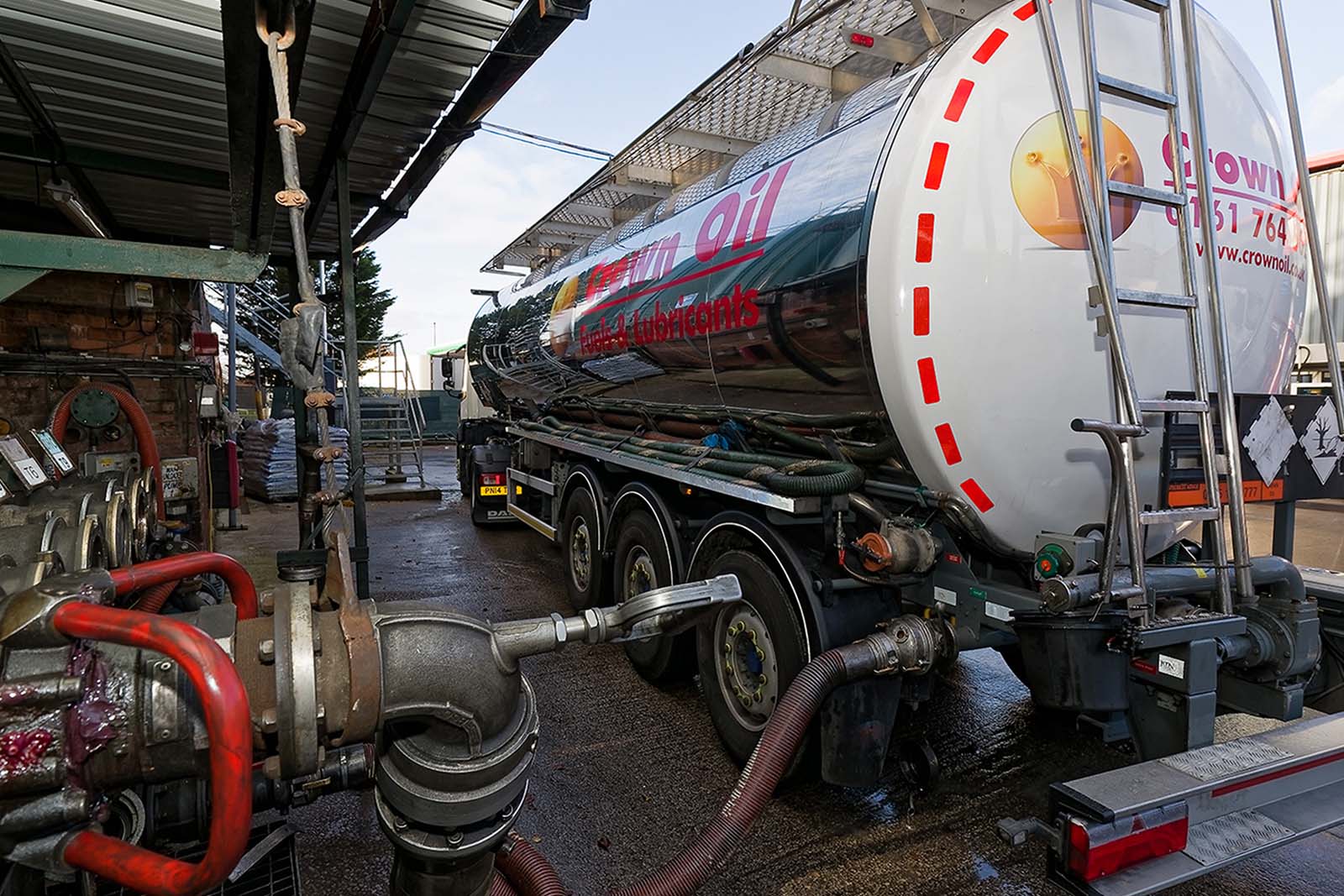Breathe new life into your fuel system this spring!
The days are getting longer and the temperature’s getting warmer. But unfortunately, with spring, comes an increased risk of condensation in your fuel tank from external temperature fluctuations.
The cool nights paired with warm days can cause your tank to heat up during the day and cool down at night, leading to condensation forming inside. Water creates the perfect conditions for bacteria and contaminants to blossom, degrading the quality of your fuel.
There’s no better time than at the end of the heating season to carry out a spring clean. Just imagine what a nest of sludge and residue will do to your engines if left untreated. Don’t you want complete peace of mind that your fuel is free from contaminants and consequently your business is safe from downtime?
This blog looks at how to get organised and ensure your operations are protected, which ultimately starts with a spring clean of your tank.

How does contamination blossom in your fuel tank?
The cool nights coupled with the warm days often cause a layer of frost to form on the outside of your tank. Like with our cars, all exterior evidence has usually melted by midday, but a fluctuation in temperature means the same conditions eventually occur on the interior of your tank too – and by this point, the damage is likely already done.
As your tank warms up during the day and cools down at night, condensation can form and lead to an accumulation of water inside. These are the perfect conditions for bacterial microbes to bloom, often known as ‘diesel bug’, that quickly spread and eat up your fuel’s hydrocarbons, leaving a waxy sludge or biomass behind.
These bugs cause your fuel to degrade in quality and eventually make their way into your equipment and machinery, plugging fuel injectors and damaging other parts of your engine or boiler. But it’s not just your equipment that becomes damaged.
Degraded fuels create internal corrosion that eventually leads to external corrosion, eroded and damaged dispensers, blocked filters and consequently a disruption in operations.
What’s more, a corroded tank can spring a leak, causing your tank’s contents to escape through a hole or crack, and consequently damage the environment.
How can you spot contamination?
When stored for a long period of time, all fuels degrade in quality, and when they do, so does the condition of your tank. The only way to know if you have problems with your fuel tank before you experience a complete failure is to take a close look at what’s going inside.
From an initial glance, you might see a slimy appearance, which means there’s a substantial amount of water within. But unless there’s severe contamination, you won’t be able to see any problems with your fuel as diesel bugs can’t be seen by the naked eye.
Instead, you’ll need to contact a professional who can take a proper look inside, whether that be through manual entry or with specialist equipment. Incorporating regular tank cleaning by an OFTEC registered engineer into your annual spring clean and just before winter (so twice a year) will help nip any issues in the bud, before they get out of hand.
You don’t want to wait until symptoms appear before you take action. If caught early enough, you can avoid having to fork out huge sums of money to replace costly equipment and fuel.
It’s out with the old and in with the new
If your supply’s badly contaminated, to avoid a halt in operations, you’ll need to get your fuel polished or order replacement fuel. However, if you were to put clean fuel back into a contaminated tank, it would quickly degrade in quality again – a pesky cycle of contamination.
While additives can deal with minor contamination, once you have a severe contamination problem, the only way to destroy and break the cycle is through professional tank cleaning.
Putting a spring in your step
At Crown Oil Environmental, we provide advanced tank cleaning services to help you get the most out of your fuels. We aim to keep disruption to a minimum – all of our tank cleans are carried out by our expert technicians and most are completed in just one day.
Our fuel tank cleans are a breeze
- We’ll uplift your fuel from the tank and transfer it to storage while we work on your tank
- We’ll carry out a thorough interior clean, including the fuel lines and filters, using techniques such as man-entry and advanced automatic cleaning
- Depending on the level of contamination, we’ll polish your fuel using our filtration system to remove harmful sediments and bacteria
- Whether you receive a fresh batch of fuel or your polished supply, we’ll return it to your clean and decontaminated tank with minimal disruption caused to your operations
Ready to spring into action and breathe new life into your business? Call our specialist team today on 0330 123 3399.


